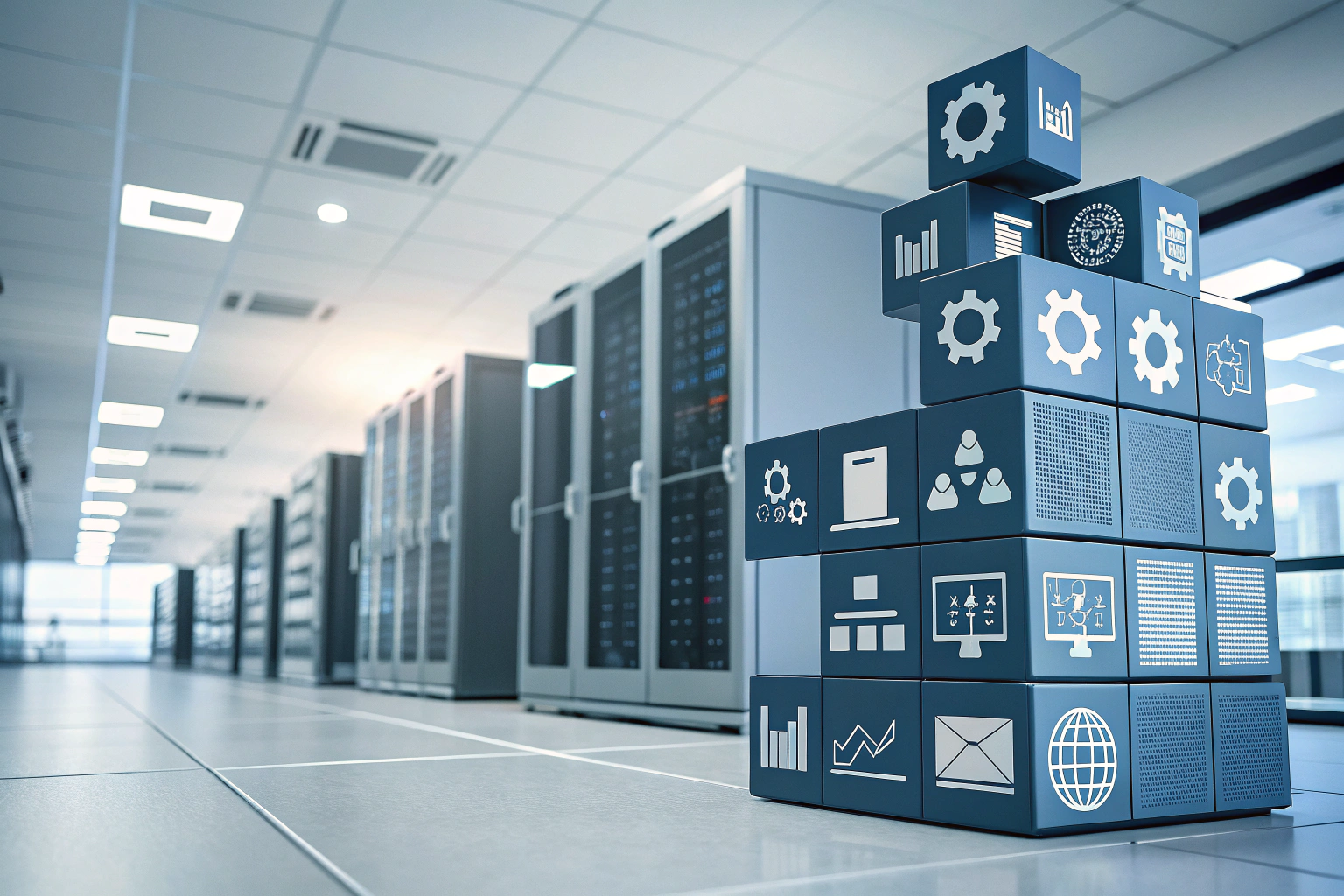
Ever felt like your business systems are speaking different languages? Welcome to the world of composable ERP systems – where flexibility meets functionality.
What Actually is a Composable ERP System?
A composable ERP system isn’t just another tech buzzword. It’s a game-changing approach that lets businesses mix and match software components like building blocks.
Why Traditional ERPs Fall Short
Most legacy ERP systems are rigid, monolithic monsters that force companies into one-size-fits-all solutions. They’re expensive, complex, and about as flexible as a concrete wall.
The Composable ERP Advantage
Imagine an ERP that:
- Adapts to your unique business needs
- Allows seamless integration of different modules
- Scales without massive infrastructure overhauls
Real-World Transformation
Companies like Onfinity are leading this revolution. They understand modern businesses need agile, interconnected systems that can pivot faster than a startup.
Key Benefits of a Composable ERP
• Modular Architecture: Swap components without disrupting entire systems
• Cost Efficiency: Pay only for what you actually need
• Future-Proofing: Easily incorporate emerging technologies
Why Onfinity Stands Out
With enterprise-grade capabilities handling multi-entity, multi-country requirements, Onfinity offers a truly transformative composable ERP system that outperforms traditional giants like SAP and Oracle.
Ready to Reimagine Your Business Systems?
Technical Architecture of a Composable ERP System
Let’s crack open the technical DNA of what makes a composable ERP system so powerful.
Microservices: The Building Blocks
Think of a composable ERP like LEGO for enterprise software. Each module operates independently yet communicates seamlessly, allowing businesses unprecedented flexibility.
API-First Design
Modern composable ERP systems leverage robust API architectures that enable:
- Instant data exchange between different software components
- Real-time integration across business functions
- Rapid customisation without complex coding
Cloud-Native Infrastructure
Cloud technologies power these advanced systems, providing:
- Scalable infrastructure
- Enhanced security protocols
- Global accessibility
Modular Ecosystem Advantages
Businesses gain incredible operational agility through:
- Rapid deployment of new functionalities
- Reduced technological dependencies
- Lower total cost of ownership
Enterprise Performance at Startup Speed
Onfinity delivers enterprise-grade composable ERP capabilities that match the agility of modern digital businesses. Their Nova and Galaxy editions are specifically designed for medium to large companies requiring complex, multi-entity management.
Performance Metrics That Matter
• Multi-entity support
• Multi-country functionality
• Multi-GAAP compliance
Experience Next-Generation Enterprise Flexibility
Implementing a Composable ERP: Your Strategic Roadmap
Businesses aren’t just buying software anymore – they’re investing in strategic transformation. A composable ERP system isn’t just a technological upgrade; it’s a competitive advantage.
Strategic Implementation Steps
Transitioning to a composable ERP requires a calculated approach:
- Audit Current Systems: Understand existing technological landscape
- Identify Integration Points: Map potential connection opportunities
- Select Modular Components: Choose flexible, scalable modules
Potential Challenges and Solutions
Every transformation journey has hurdles. With Onfinity’s composable ERP system, businesses can mitigate risks through:
- Comprehensive change management strategies
- Phased implementation approaches
- Continuous staff training programs
Industry-Specific Adaptability
Whether you’re in manufacturing, retail, or services, Onfinity provides tailored composable ERP solutions that adapt to your unique business ecosystem.
Frequently Asked Questions
Q: How Complex is a Composable ERP Migration?
A: While migration involves strategic planning, modern platforms like Onfinity make the process structured and manageable.
Q: What Cost Implications Exist?
A: Composable ERPs often reduce long-term expenses by eliminating unnecessary modules and providing pay-as-you-grow models.
Q: Can Existing Data Be Transferred?
A: Yes. Advanced API architectures enable seamless data migration and integration.
Real-World Success Stories
Global enterprises are discovering that composable ERP systems aren’t just theoretical – they’re practical game-changers delivering tangible business value.